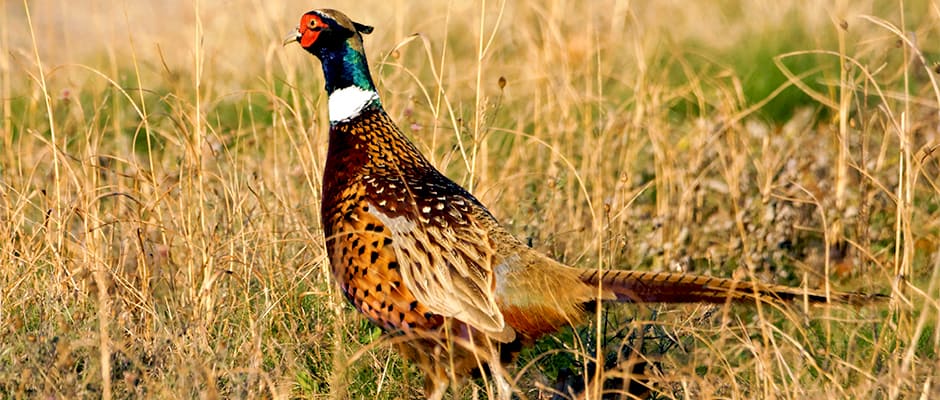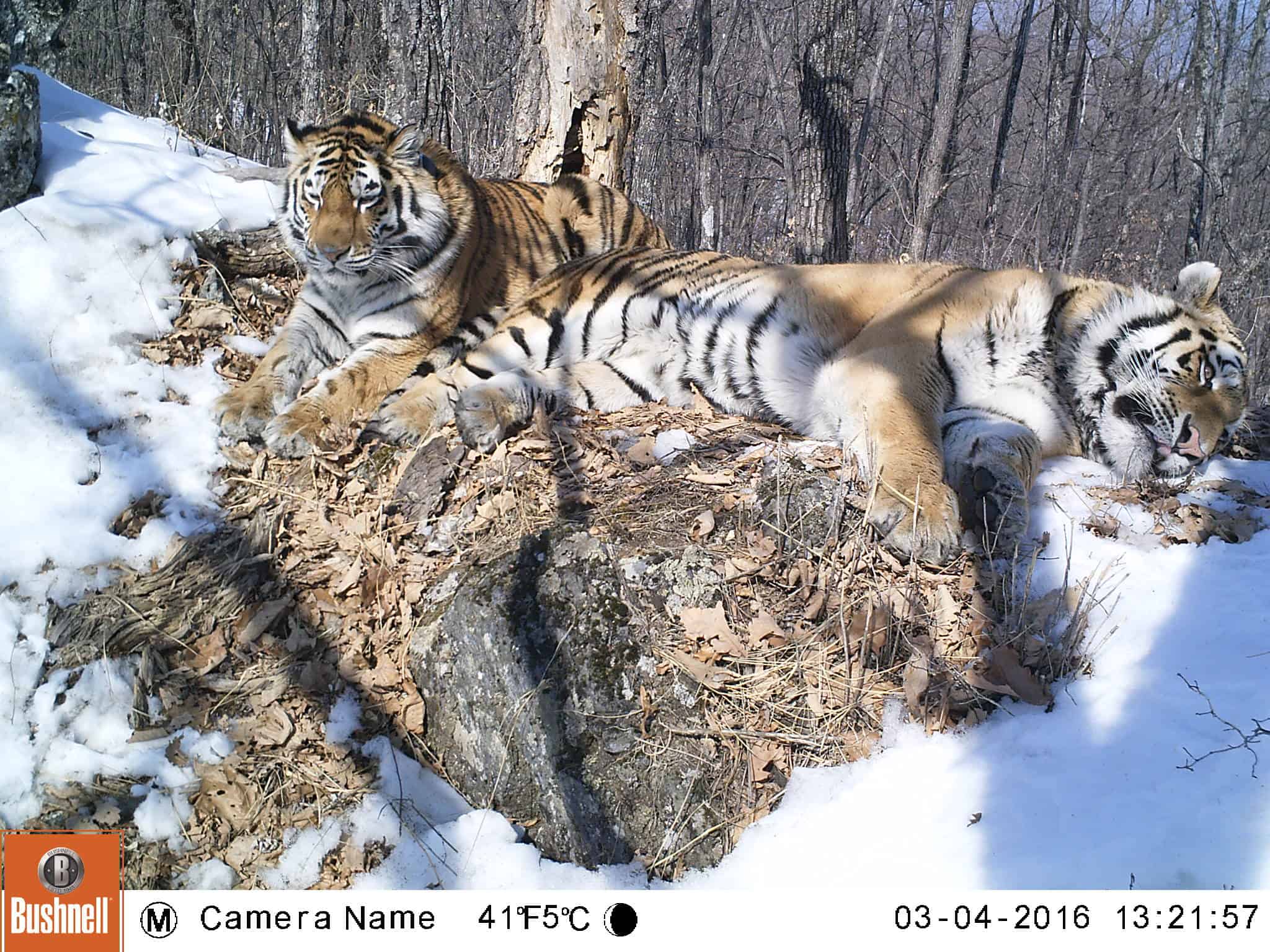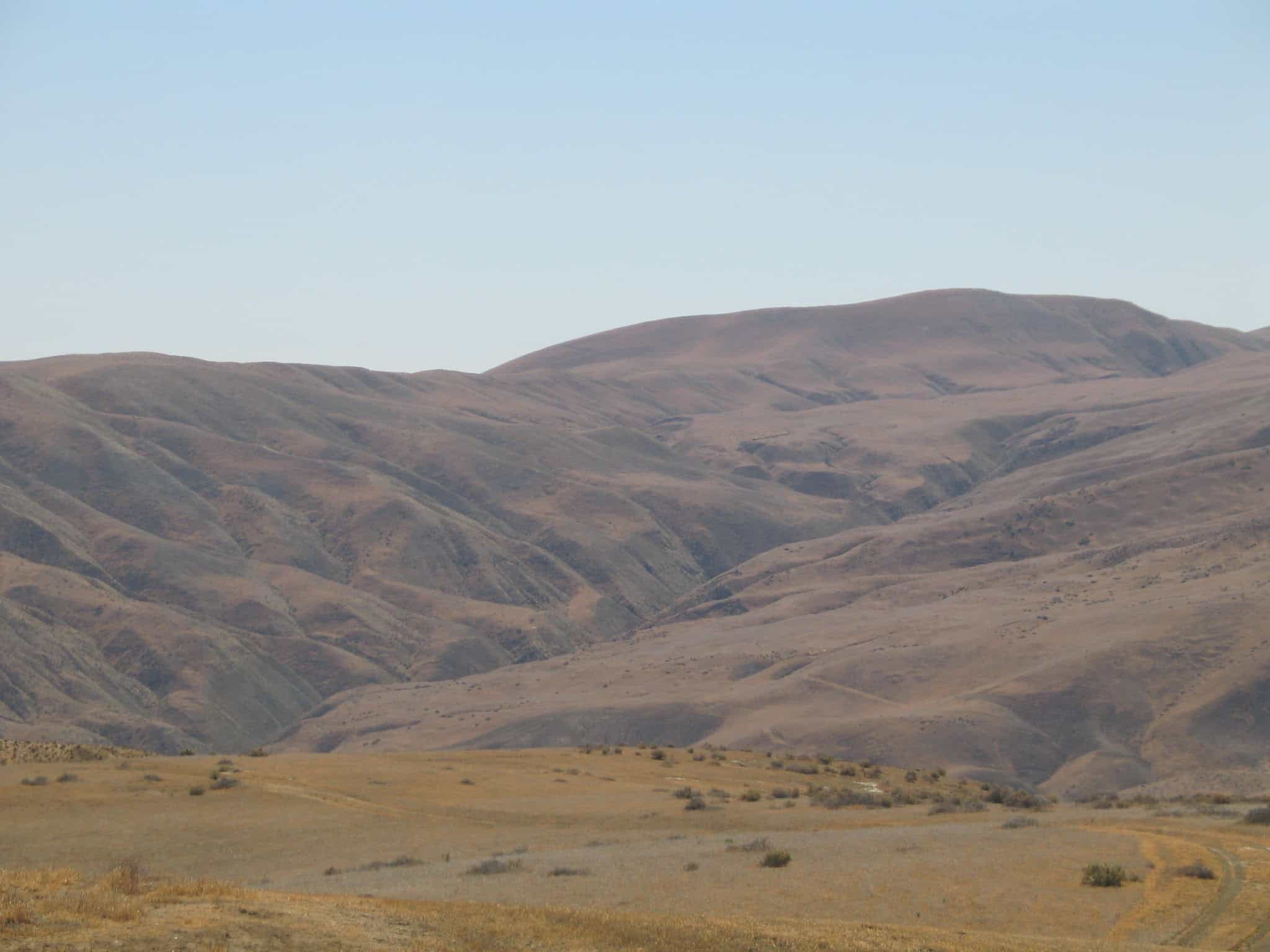Share this article
Minnesota considers non-toxic shot rule amid legislative opposition
In an effort to minimize lead deposits on public land, the Minnesota Department of Natural Resources (DNR) is considering banning lead shot for small game on wildlife management areas in the farmland zone.
The initial comment period for the proposed rule was open in fall of 2015 and was followed by a public forum March 10, 2016. However, the state’s legislature now has bills on the floor that would restrict DNR’s ability to make such a rule. Companion state House and Senate bills – HF 3209 & SF 3387 – would directly prohibit the department from enacting lead shot use rules and restrictions, and House bill HF 2589 would broadly eliminate DNR’s rulemaking authority altogether.
The Minnesota DNR, during a presentation shown at the March meeting, expressed plans to defer the final decision on whether or not to proceed with the proposed rule until after the 2016 legislature has had an opportunity to discuss the matter.
The Minnesota Chapter of TWS has been engaged in the discussion around secondary lead poisoning and non-toxic ammunition for several years. In 2014, the Chapter’s annual meeting included a plenary session called “Moving Beyond Lead,” which was followed by the formation of their Non-Toxic Working Group.
“That group has since been one of the most active and vibrant components of our chapter,” says Stephen Winter, CWB®, President of the Minnesota Chapter of TWS. The working group supports efforts to encourage the use of non-toxic ammunition and tackle, although their focus has been on big game hunting.
The Minnesota chapter has not yet taken a position on Minnesota DNR’s proposed rule to ban lead shot on wildlife management areas in the farmland zone, but Brian Hiller, who sits on the chapter’s Non-Toxic Working Group and holds the Vice Chair position of TWS’ Wildlife Toxicology Working Group, applauds “Minnesota DNR for doing what is in the best interest of the ‘public trust’ resources.”
TWS’s Final Position Statement on Lead in Ammunition and Fishing Tackle, states that “lead has no functional or beneficial role in biological systems.” Even at very low levels of exposure, lead has been known to cause variety of lethal and sub-lethal effects in wildlife, including neurological damage, tissue and organ damage, and reproductive impairment. As a result, it is TWS’ position to “advocate for the replacement of lead-based ammunition and fishing tackle with nontoxic products, while recognizing that complete replacement may not be possible in specific circumstances.”
To find out more about local TWS Chapter engagement on this issue, contact Minnesota’s Conservation Affairs Committee chair Jodie Provost, CWB®. Minnesota residents can also contact their legislative representative with regard to the bills affecting DNR’s rule-making ability (HF 3209, SF 3387 and HF 2589).
Header Image: ©Ellen & Tony








